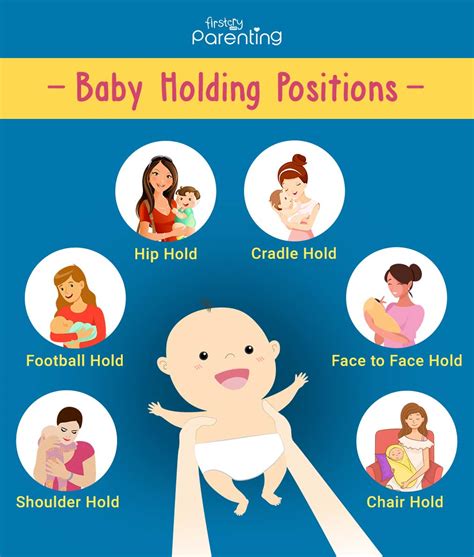Imagine waking up to a persistent ringing, buzzing, or hissing sound in your ears. This is tinnitus, a common condition that affects millions of people worldwide. Tinnitus can be temporary or chronic, and while it’s often not a sign of a serious underlying medical condition, it can severely impact your quality of life.

Types of Tinnitus
Tinnitus can be classified into two primary types:
1. Objective Tinnitus
- Rare
- Caused by external sounds that can be heard by others
- May indicate an underlying medical condition, such as a pulsating blood vessel or muscle contractions
2. Subjective Tinnitus
- Most common
- Experienced only by the individual affected
- Can range from a mild annoyance to a debilitating condition
Causes of Subjective Tinnitus
The exact cause of subjective tinnitus is often unknown, but several risk factors have been identified:
- Hearing Loss: Damage to the hair cells in the inner ear can lead to tinnitus. The loss of hearing can occur gradually with age or be caused by exposure to loud noise or certain medications.
- Earwax Buildup: Excess earwax can block the ear canal and cause tinnitus.
- Middle Ear Problems: Fluid in the middle ear or a perforated eardrum can affect hearing and cause tinnitus.
- Meniere’s Disease: A rare inner ear disorder that can cause tinnitus, hearing loss, and dizziness.
- Medications: Certain medications, such as aspirin, quinine, and some antibiotics, can cause tinnitus as a side effect.
How Does Tinnitus Affect Me?
Tinnitus can manifest in various ways and affect individuals differently. Common symptoms include:
- Persistent ringing, buzzing, hissing, or clicking in one or both ears
- Difficulty concentrating and sleeping
- Irritability and anxiety
- Increased sensitivity to noise
- Fatigue
Diagnosing Tinnitus
Diagnosing tinnitus typically involves a thorough medical history and physical examination of the ears. Your doctor may also perform the following tests:
- Audiometry: An evaluation of your hearing sensitivity
- Tympanometry: A measurement of the eardrum’s mobility and pressure
- Imaging Tests (e.g., CT/MRI): To rule out underlying structural abnormalities
Treatments for Tinnitus
While there is no cure for tinnitus, several treatments can alleviate symptoms and improve your quality of life:
1. Medication:
- Corticosteroids (e.g., prednisone) may reduce inflammation in the ear.
- Antidepressants, such as tricyclic antidepressants, may help relieve tinnitus by blocking the perception of sound.
2. Behavioral Therapy:
- Cognitive-Behavioral Therapy (CBT): Techniques to change unhelpful thoughts and behaviors related to tinnitus.
- Tinnitus Retraining Therapy (TRT): A personalized sound therapy that gradually habituates the brain to tinnitus.
3. Sound Therapy:
- White Noise: Creates a constant, low-level sound that can mask tinnitus.
- Nature Sounds: Listening to calming sounds of nature can reduce the perception of tinnitus.
- Hearing Aids: Amplifying external sounds can make tinnitus less noticeable.
4. Other Treatments:
- Electrical Stimulation: Devices that apply electrical impulses to the ear can suppress tinnitus.
- Transcranial Magnetic Stimulation (TMS): Targeted magnetic pulses to specific brain areas may alleviate tinnitus.
- Lifestyle Changes: Managing stress, getting enough sleep, and limiting caffeine and alcohol intake can reduce tinnitus severity.
Conclusion
Tinnitus is a prevalent condition that can have a significant impact on one’s well-being. While there is no single cure, various treatments are available to manage symptoms and improve quality of life. When experiencing persistent ringing in your ears, it is essential to seek medical attention to rule out any underlying medical conditions and discuss appropriate treatment options.
Remember, you are not alone. If you suffer from tinnitus, know that help is available. By understanding the causes, treatments, and potential coping mechanisms, you can take control of your tinnitus and live a fulfilling life.
















